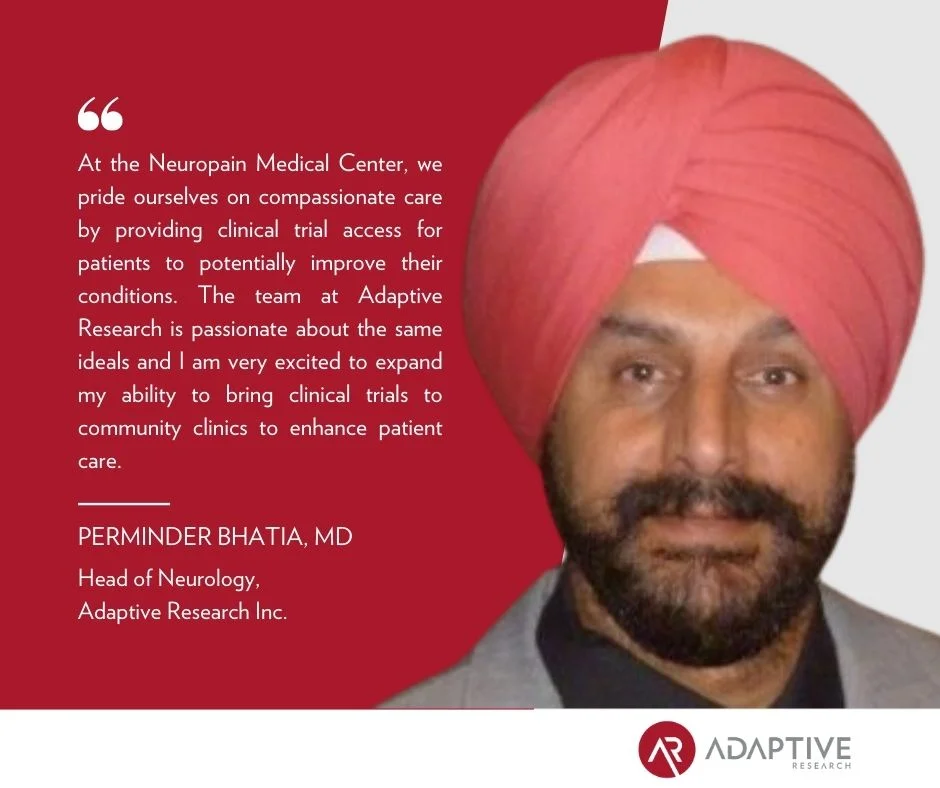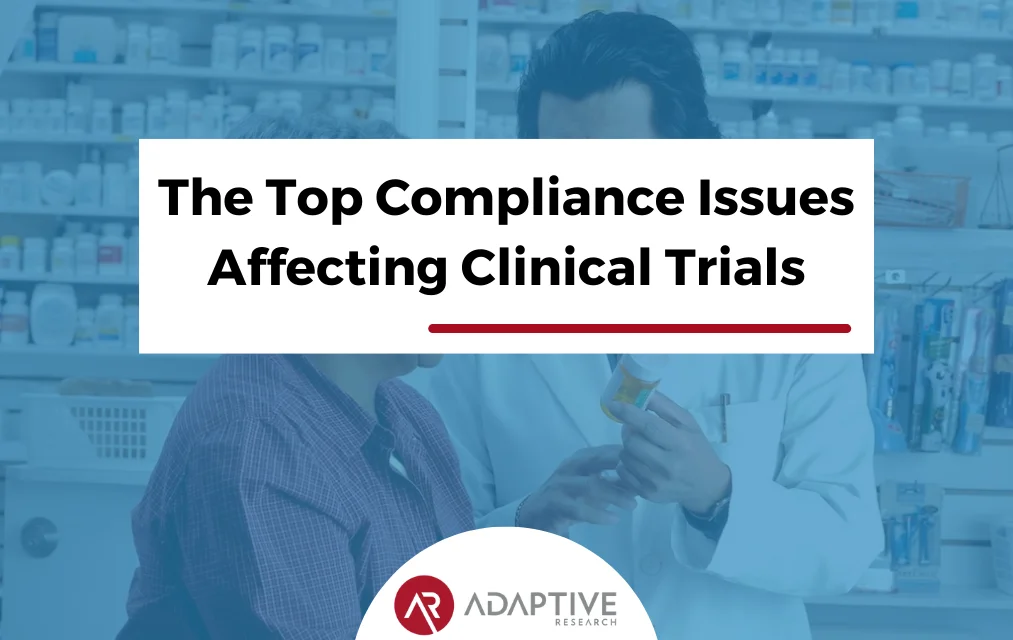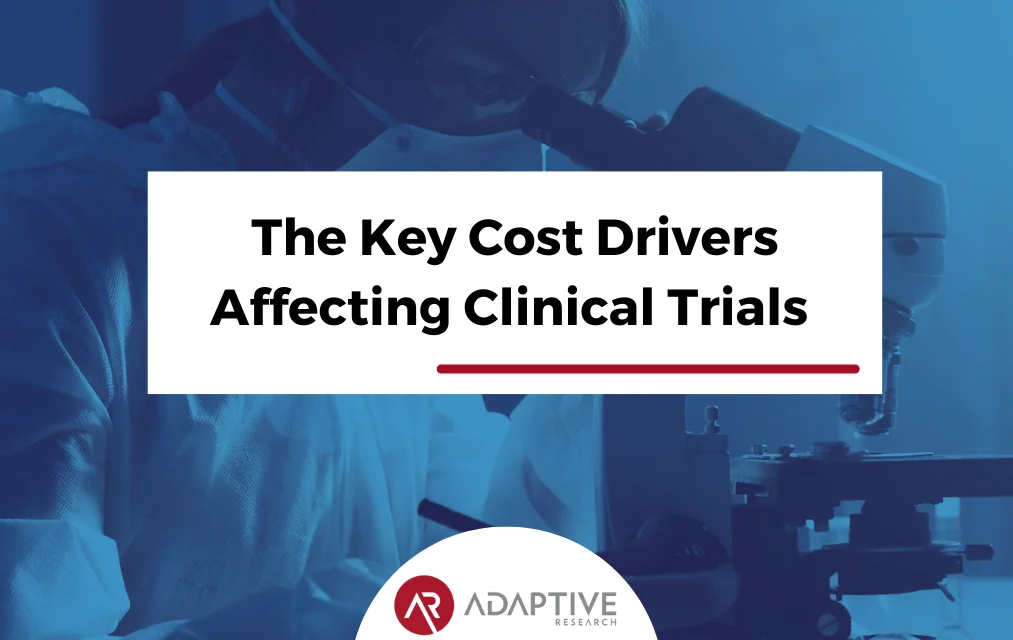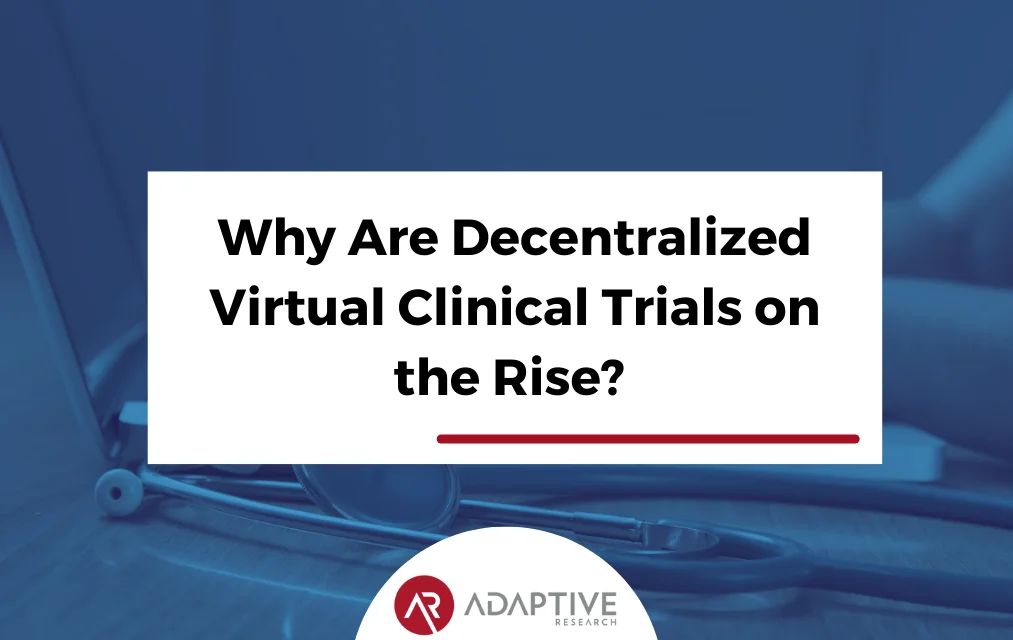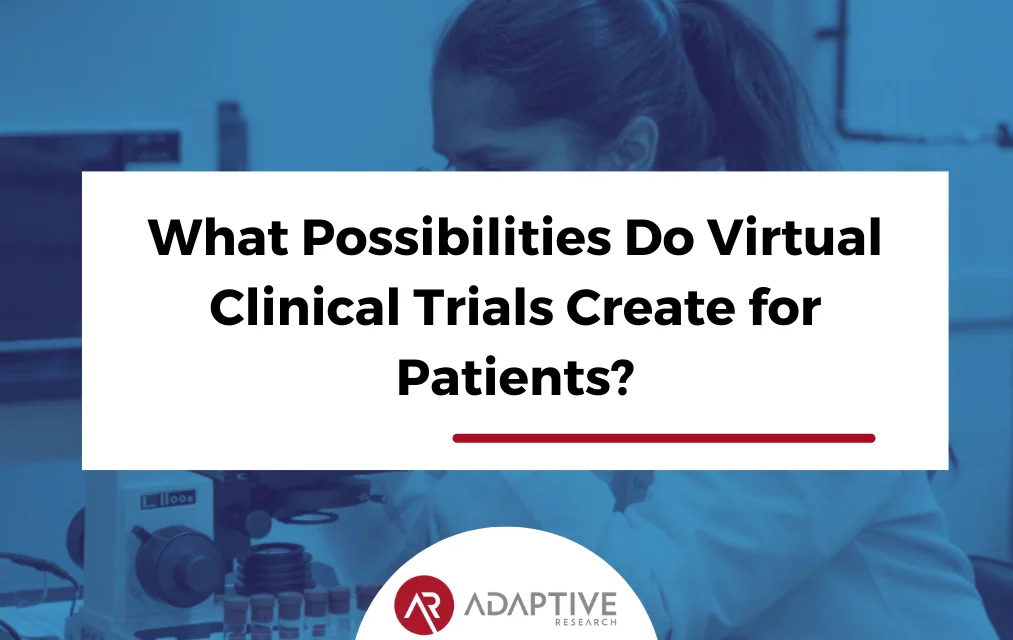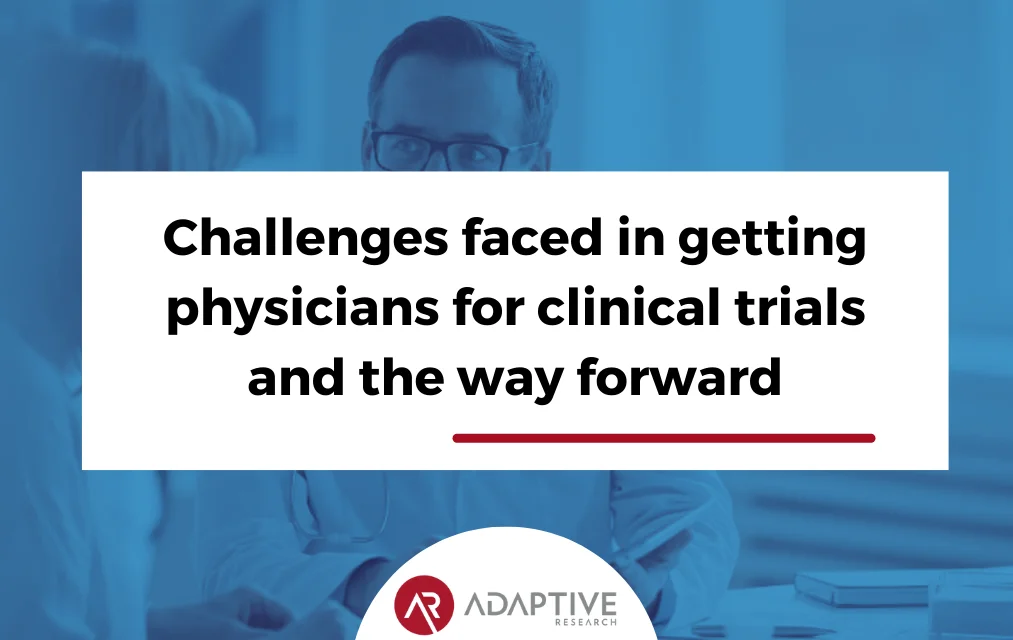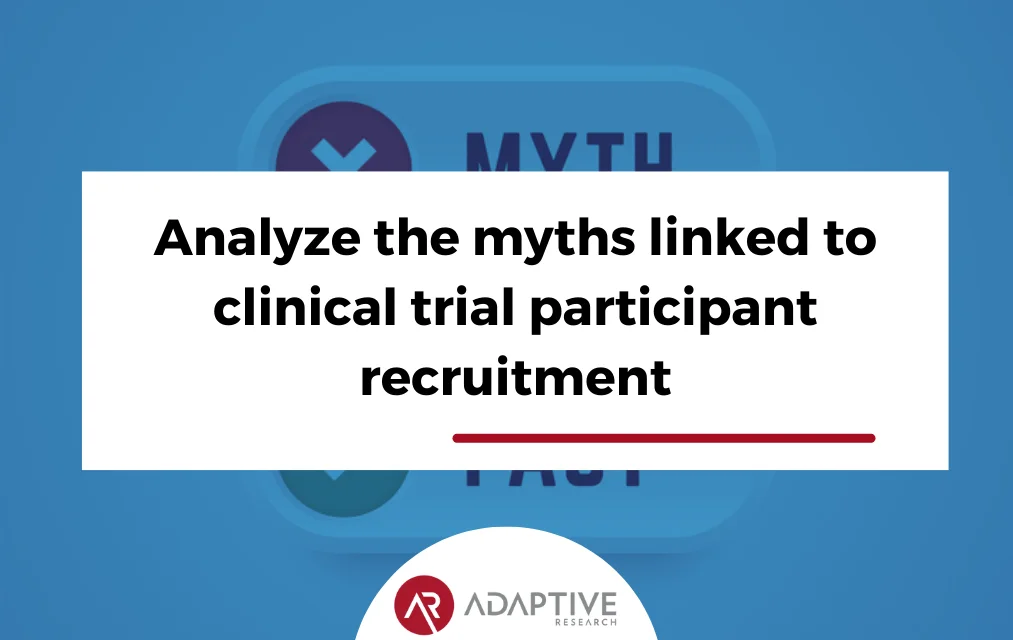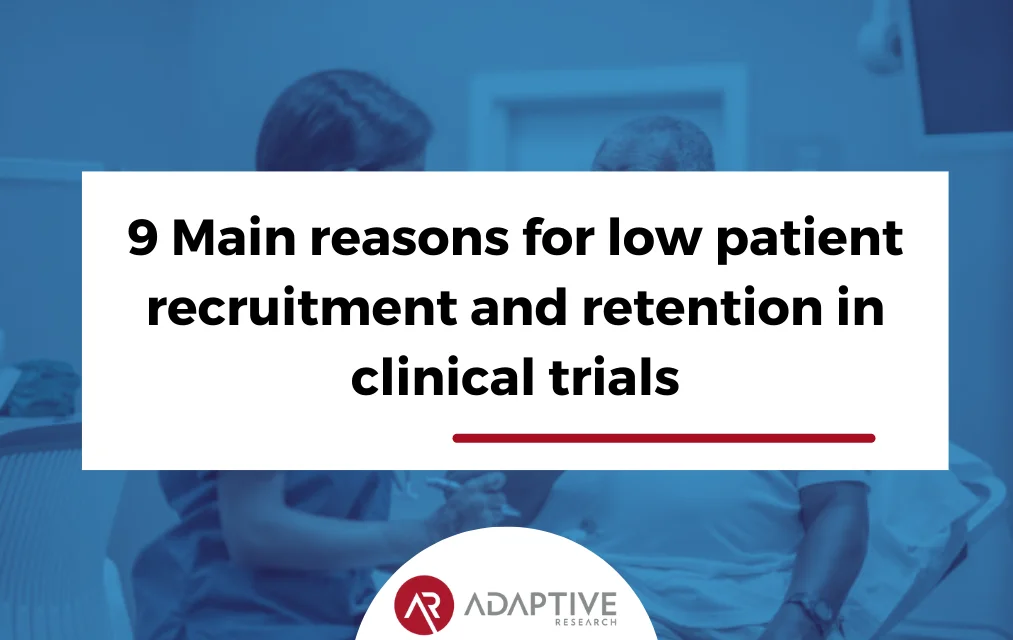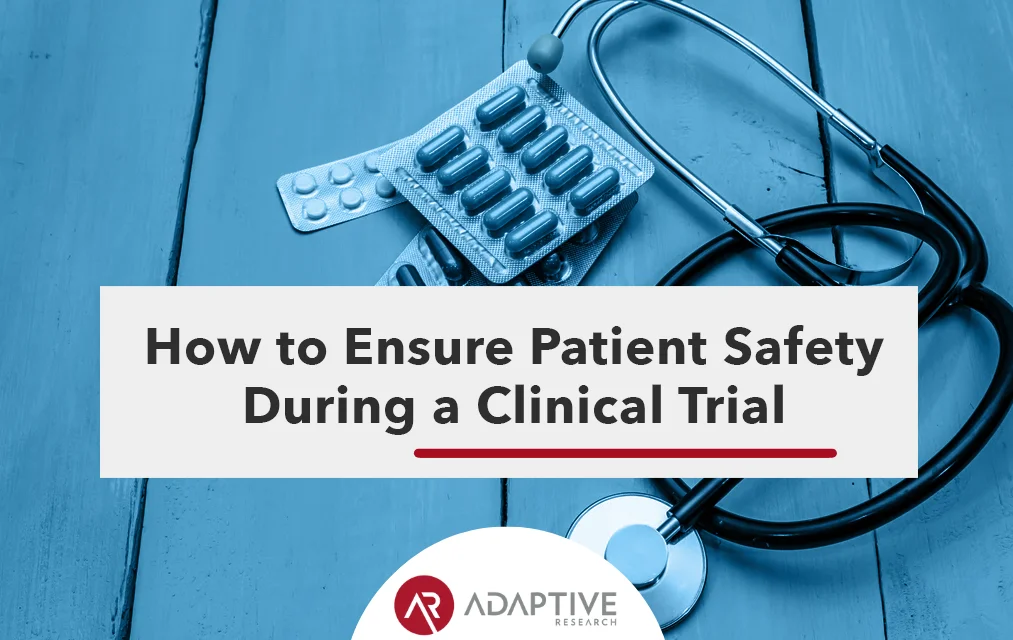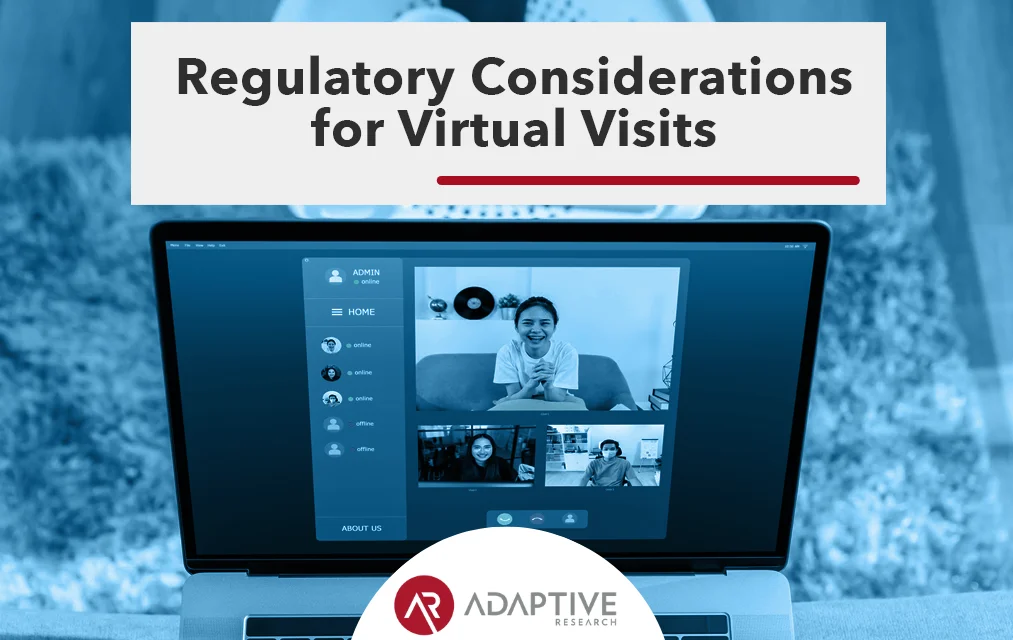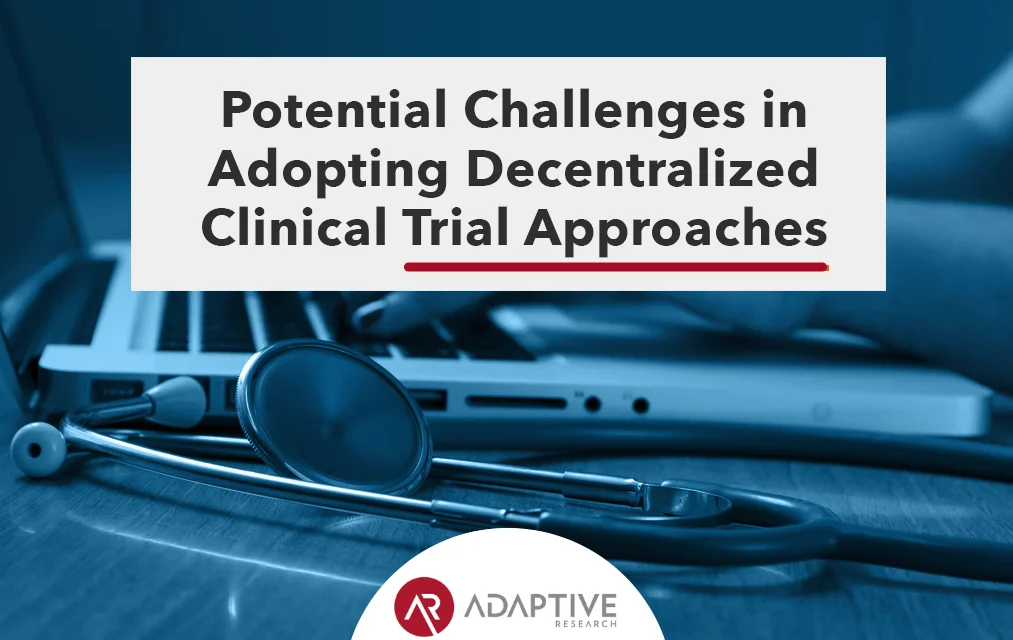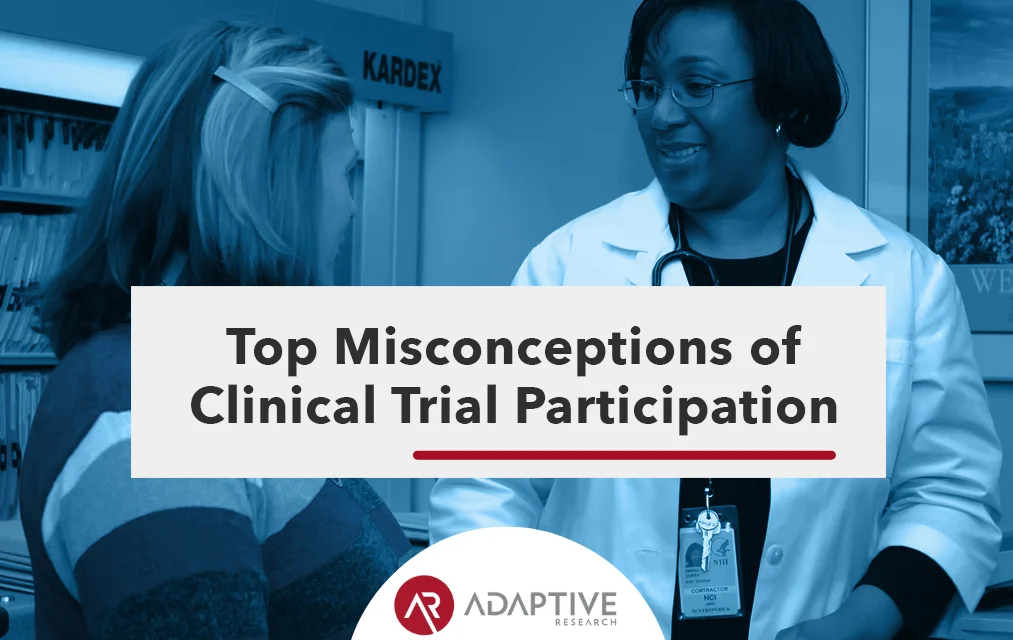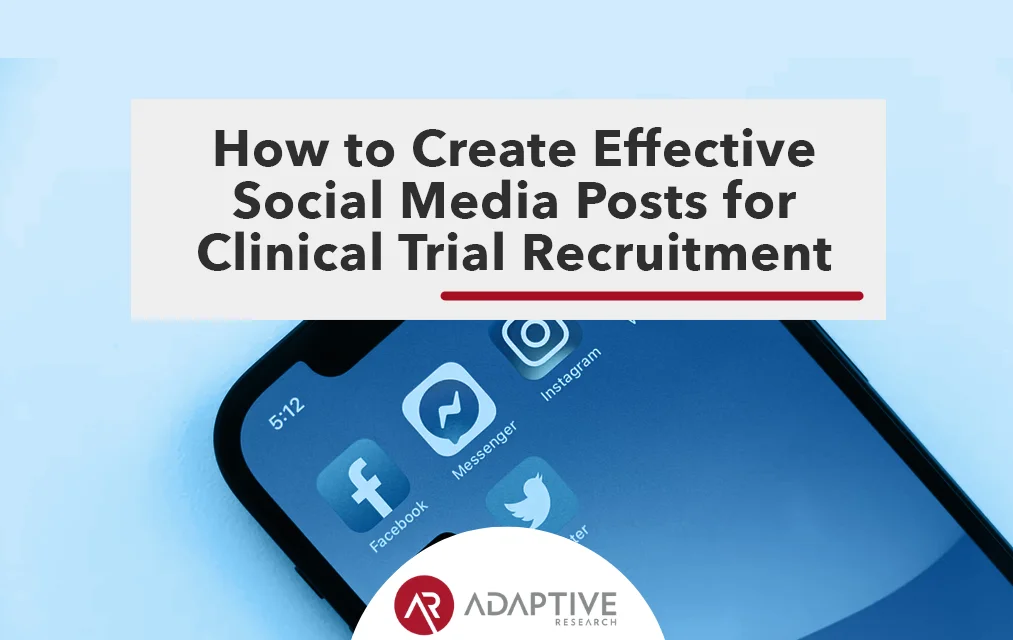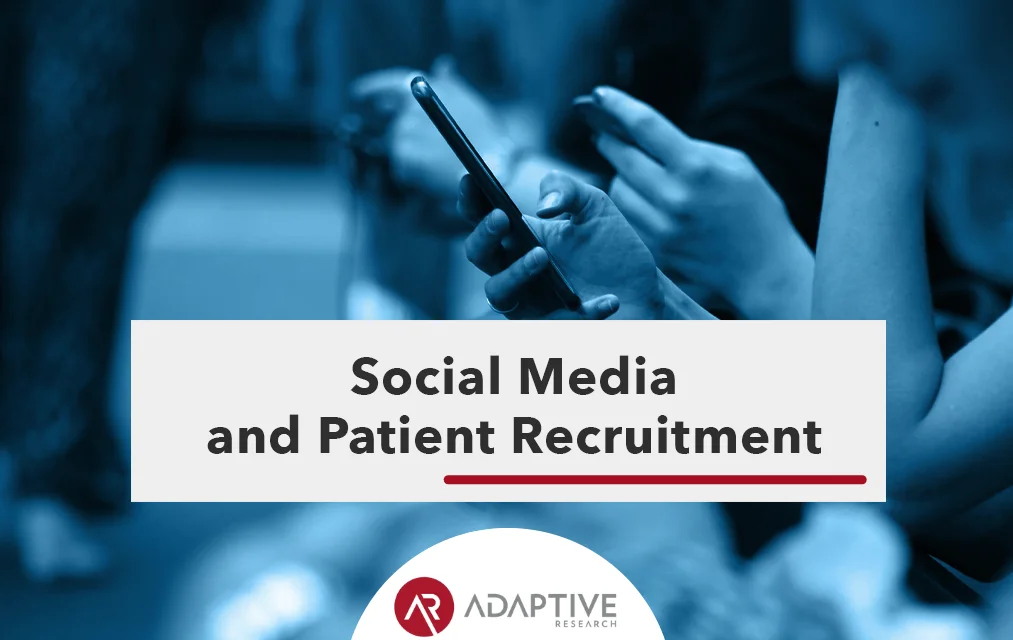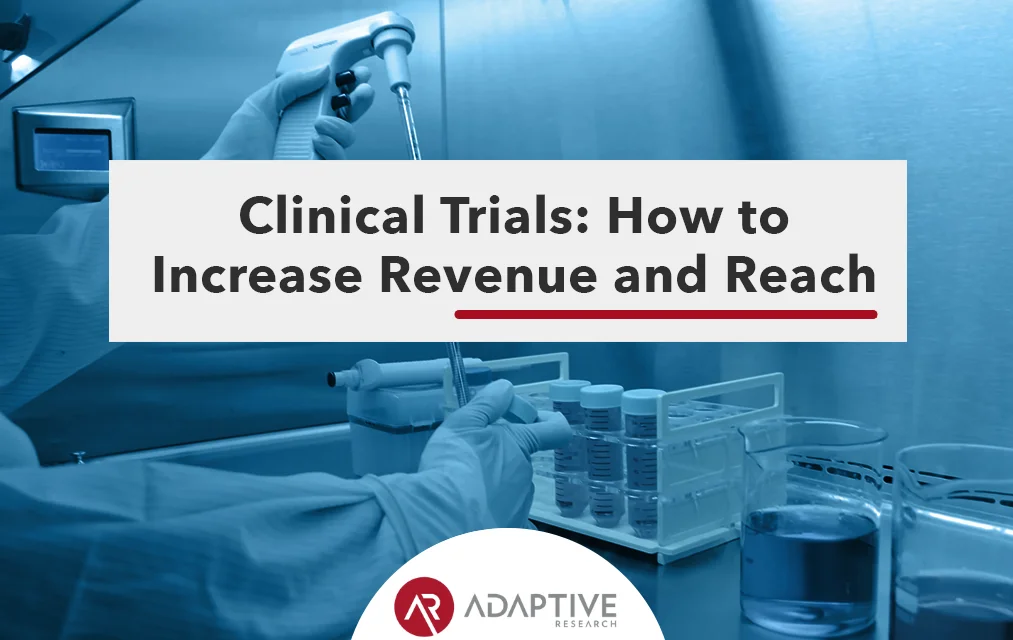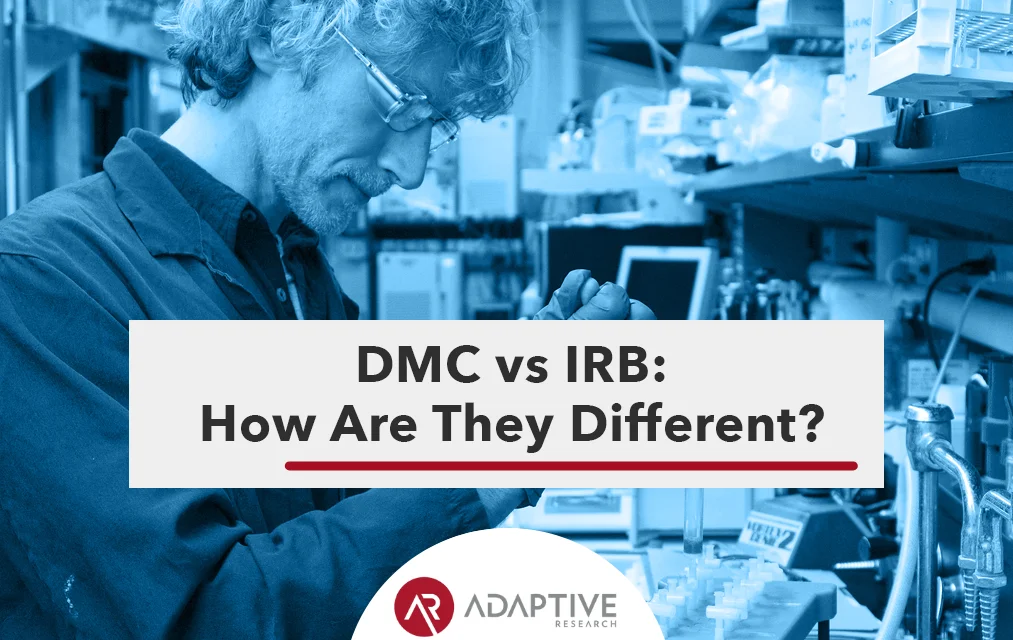Adaptive Research Appoints Kristin Andruska, MD, PhD as Senior Medical Director of Clinical Neuroscience & Scientific Research Director
SAN FRANCISCO, July 25, 2023 (GLOBE NEWSWIRE) -- Adaptive Research, an organization committed to democratizing clinical trials by providing full-service support to trial investigators in community settings, is pleased to announce Kristin Andruska, MD, PhD has been appointed Senior Medical Director of Clinical Neuroscience and Scientific Research Director. Dr. Andruska will be pivotal in offering expert medical and clinical support for upcoming & ongoing trials at Adaptive Research, particularly those in movement disorders and neurodegenerative diseases."The growth of Adaptive Research is not just about expanding our team, but also about deepening our expertise," said Deepak Behera, MD, President and CEO. "With Kristin's comprehensive experience in clinical settings and in conducting clinical trials, she is ideally suited to bolster our clinical trial operations. We look forward to growing our community clinical trial network further in the coming months, which becomes more important in light of recent FDA guidelines highlighting a growing need for inclusion of clinical trial data from diverse patient populations."Kristin Andruska is a board-certified neurologist, a fellowship-trained movement disorders specialist, and a renowned expert in the field of neurodegenerative disease. Concurrent to her position at Adaptive Research, she serves as head of the California Movement Disorders Center and as an advisor for therapeutics and technologies in the neurodegenerative space. Previously, Dr. Andruska was the Medical Director of the Movement Disorders Clinic at the Parkinson’s Institute and Clinical Center, where she also led a robust clinical research program. She attended the University of Minnesota as a predoctoral fellow of the National Institute of Health’s Medical Scientist Training Program, earning both an MD and a PhD. She received a competitive Kirschstein fellowship to support her PhD research, which focused on the biochemistry of inherited neurodegenerative disease. Dr. Andruska completed her neurology residency at Washington University in Saint Louis, where she was…



